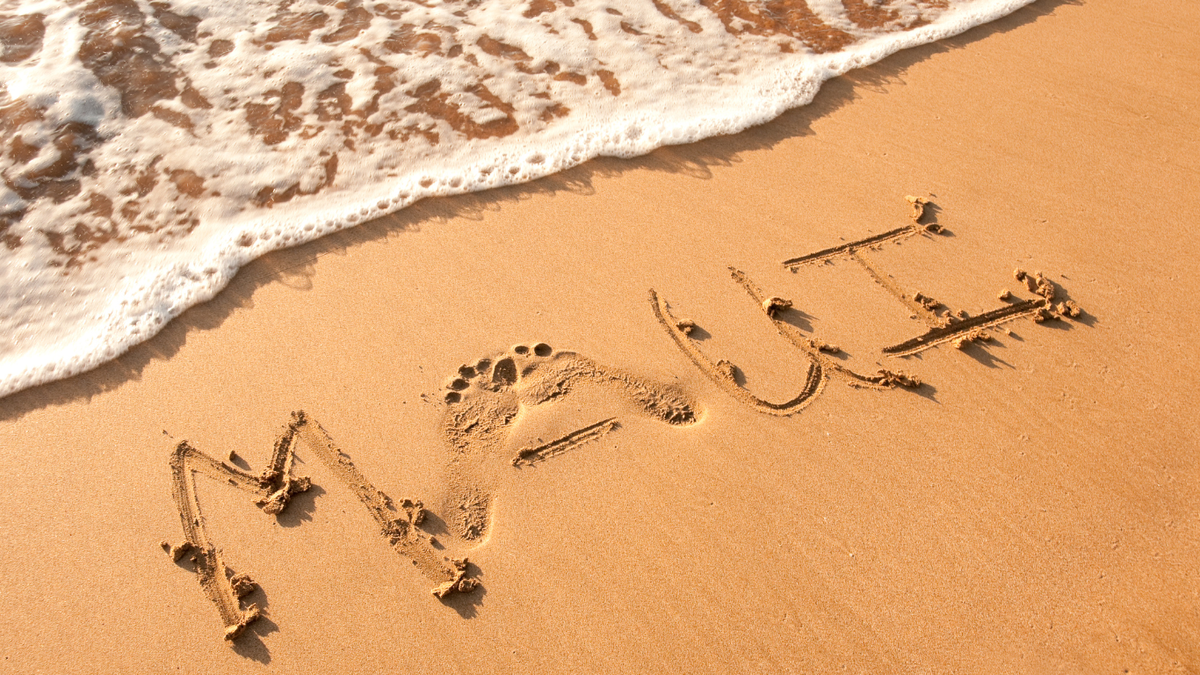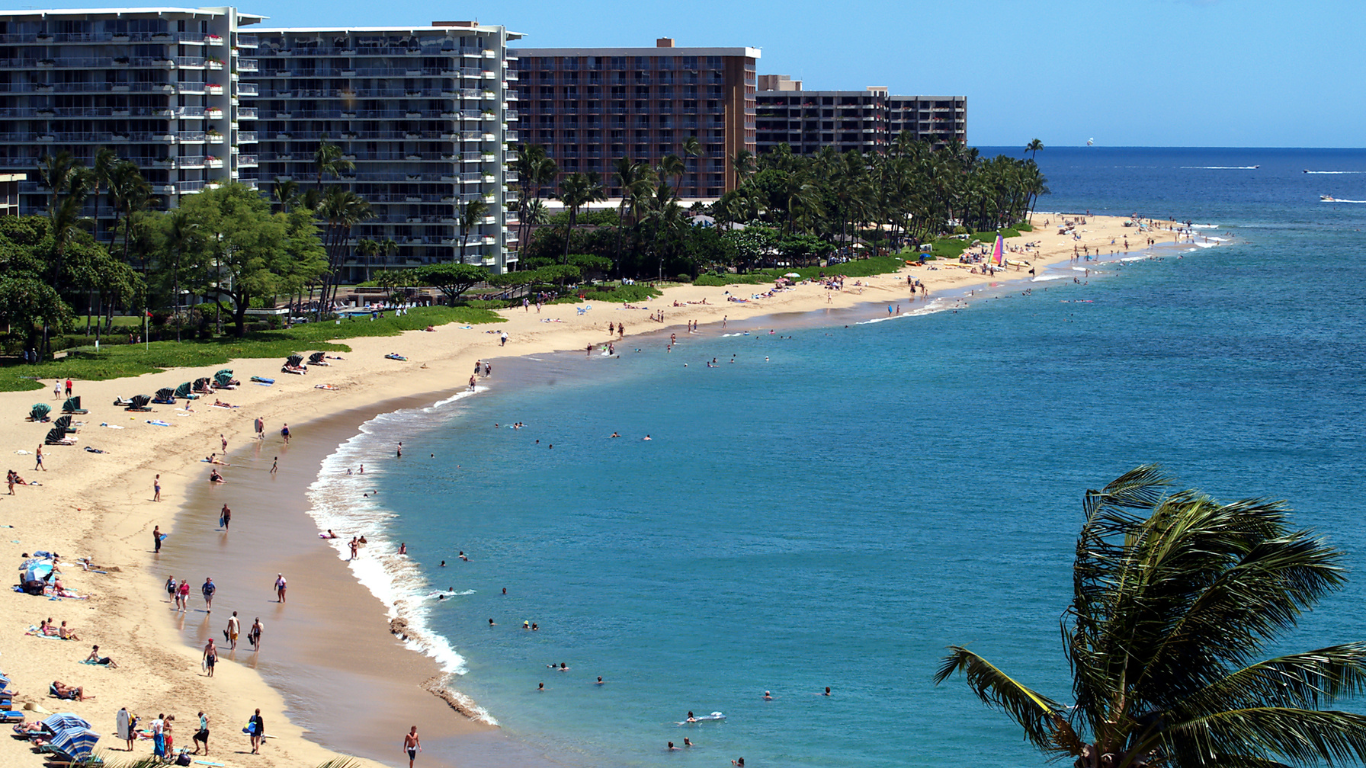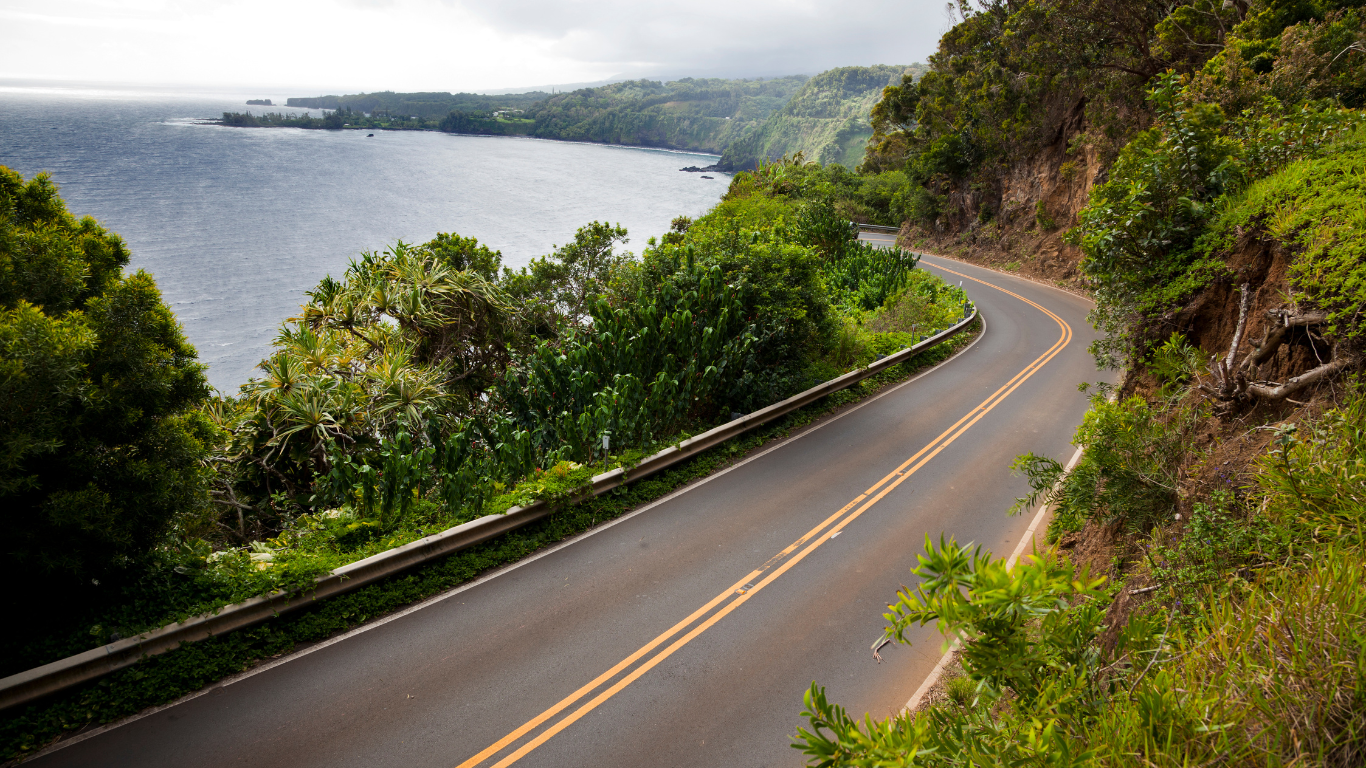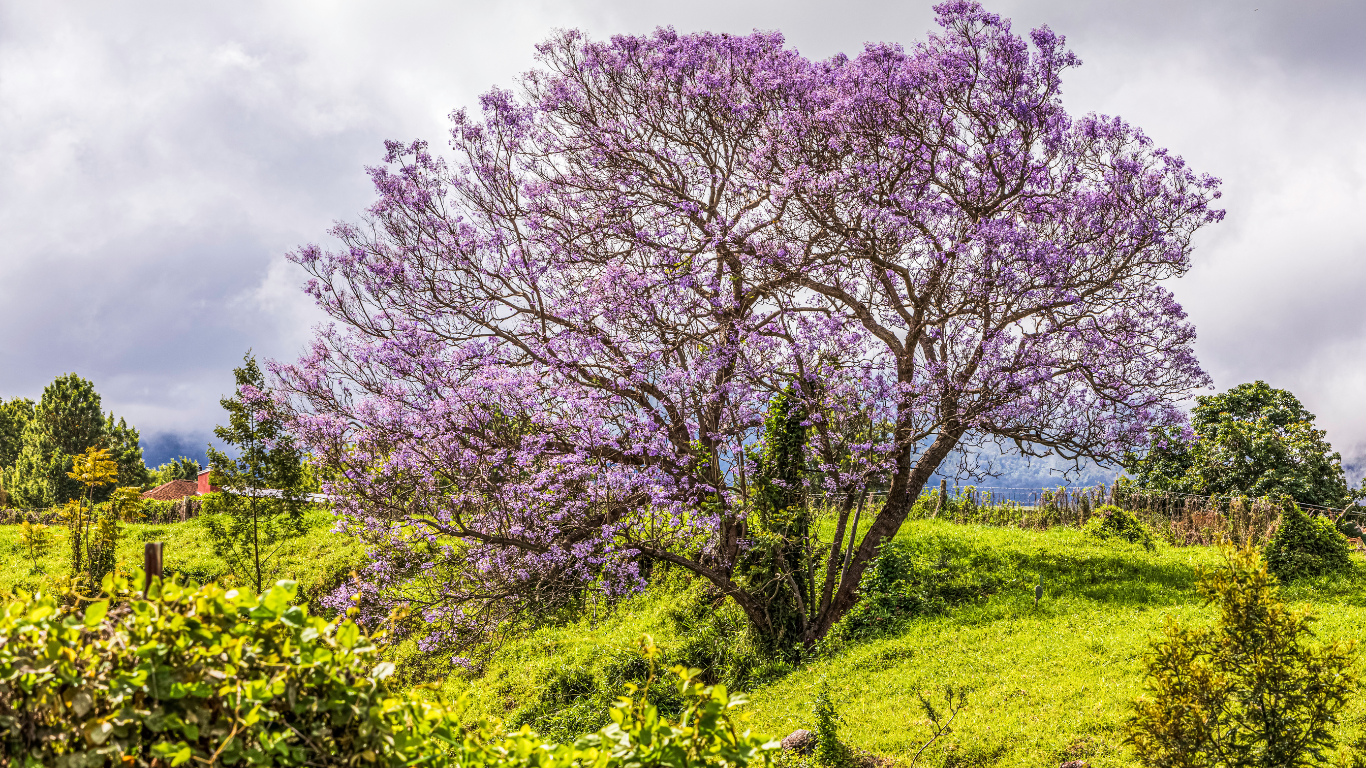Maui's Best Areas To Stay In: First-Time Visitors Guide
First time visitor to Maui, and looking for the best areas to stay in? This guide will break down where to stay, nearby attractions, price differences, local vibes, and culture in each of the most popular areas for visitors to stay in.

The 6 Regions of Maui
Maui is a diverse island divided into six main regions, each offering unique landscapes, attractions, and experiences. Whether you're seeking bustling beaches, tranquil countryside, or cultural hubs, Maui has something to offer every traveler. Below are the pros and cons of each region to help you decide where to stay during your first visit.
West Maui

Pros and Cons of Staying In The West Maui Region
Pros:
- Beaches: Home to some of Maui’s most famous beaches, including Kaanapali and Napili Bay.
- Resorts and Amenities: Features numerous luxury resorts, fine dining, and high-end shopping.
- Activities: Excellent for water activities such as snorkeling, paddleboarding, and sunset cruises.
- Scenic Beauty: Offers stunning ocean views and picturesque sunsets.
Cons:
- Crowded: As a major tourist hub, it can be busy, especially during peak seasons.
- Expensive: Accommodation and dining options tend to be on the pricier side.
- Limited Local Culture: More focused on tourism, which might lack the authentic Hawaiian experience some travelers seek.
South Maui
Pros and Cons of Staying In The South Maui Region
Pros:
- Sunny Weather: Known for its consistently warm and sunny weather, making it ideal for beach activities year-round.
- Beaches: Features beautiful beaches like Kamaole and Big Beach, perfect for swimming and sunbathing.
- Affordable Options: Offers a range of accommodations from budget hotels to vacation rentals.
- Local Vibe: More laid-back and less commercialized compared to West Maui, providing a more relaxed atmosphere.
Cons:
- Less Exclusive: While offering great beaches, it may lack some of the upscale amenities found in West Maui.
- Traffic: Can experience heavy traffic, especially during tourist seasons.
- Limited Nightlife: Fewer high-end dining and entertainment options compared to other regions.
Central Maui

Pros and Cons of Staying In The Central Maui Region
Pros:
- Cultural Hub: Home to historic towns like Wailuku and Kahului, offering museums, galleries, and cultural sites.
- Accessibility: Features the main airport (Kahului Airport) and serves as a convenient base for exploring the island.
- Shopping and Dining: Abundant shopping centers, local eateries, and farmers markets.
- Cost-Effective: Generally more affordable accommodations and dining options compared to coastal regions.
Cons:
- Less Scenic Beaches: Beaches in this region are fewer and might not be as picturesque as those on the coasts.
- Urban Feel: More urban and commercial, which might not appeal to those seeking a tropical getaway.
- Limited Nightlife: Fewer nightlife and entertainment options compared to West and South Maui.
East Maui

Pros and Cons of Staying In Maui's East Region
Pros:
- Natural Beauty: Renowned for its lush landscapes, waterfalls, and the scenic Hana Highway.
- Tranquility: Offers a peaceful and remote experience, perfect for relaxation and nature exploration.
- Outdoor Activities: Ideal for hiking, exploring botanical gardens, and visiting Haleakalā National Park.
- Authentic Experience: Less developed, providing a more authentic glimpse into traditional Hawaiian life.
Cons:
- Remote Location: Far from major tourist areas, requiring longer drives to access amenities.
- Limited Accommodations: Fewer lodging options, often more rustic and basic.
- Weather: Can be wetter and more humid, especially during the rainy season.
Upcountry Maui

Pros and Cons of Staying In Maui's Upcountry Region
Pros:
- Cool Climate: Higher elevation offers cooler temperatures and a refreshing escape from the coastal heat.
- Scenic Landscapes: Features rolling hills, ranches, and stunning views of the island’s interior.
- Charming Towns: Home to quaint towns like Makawao and Kula, known for their unique shops and local farms.
- Outdoor Activities: Great for hiking, visiting botanical gardens, and exploring local wineries and farms.
Cons:
- Distance from Beaches: Far from the ocean, requiring travel to reach beaches and coastal attractions.
- Limited Nightlife: Quiet and serene, with fewer entertainment and dining options compared to coastal regions.
- Transportation: Requires a car for easy access, as public transportation is limited.
